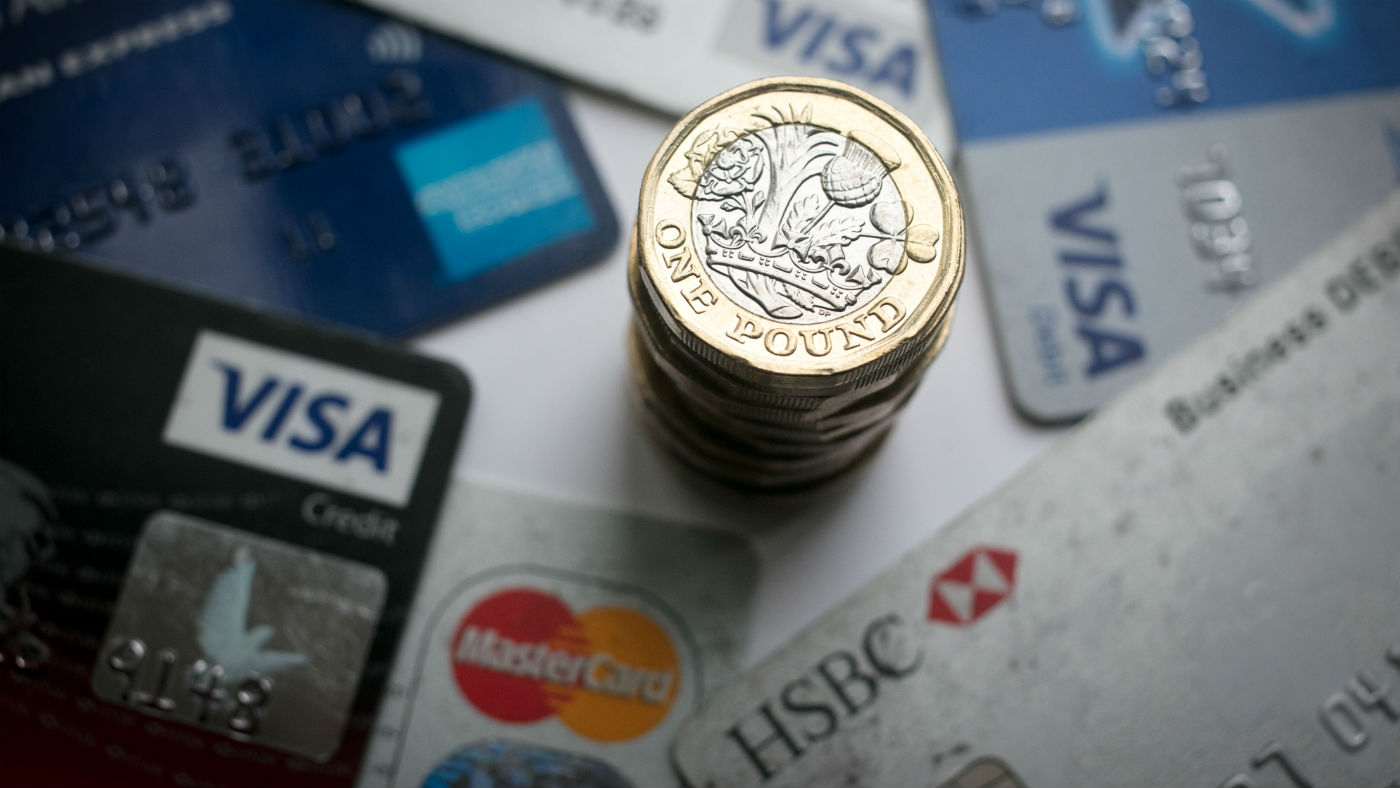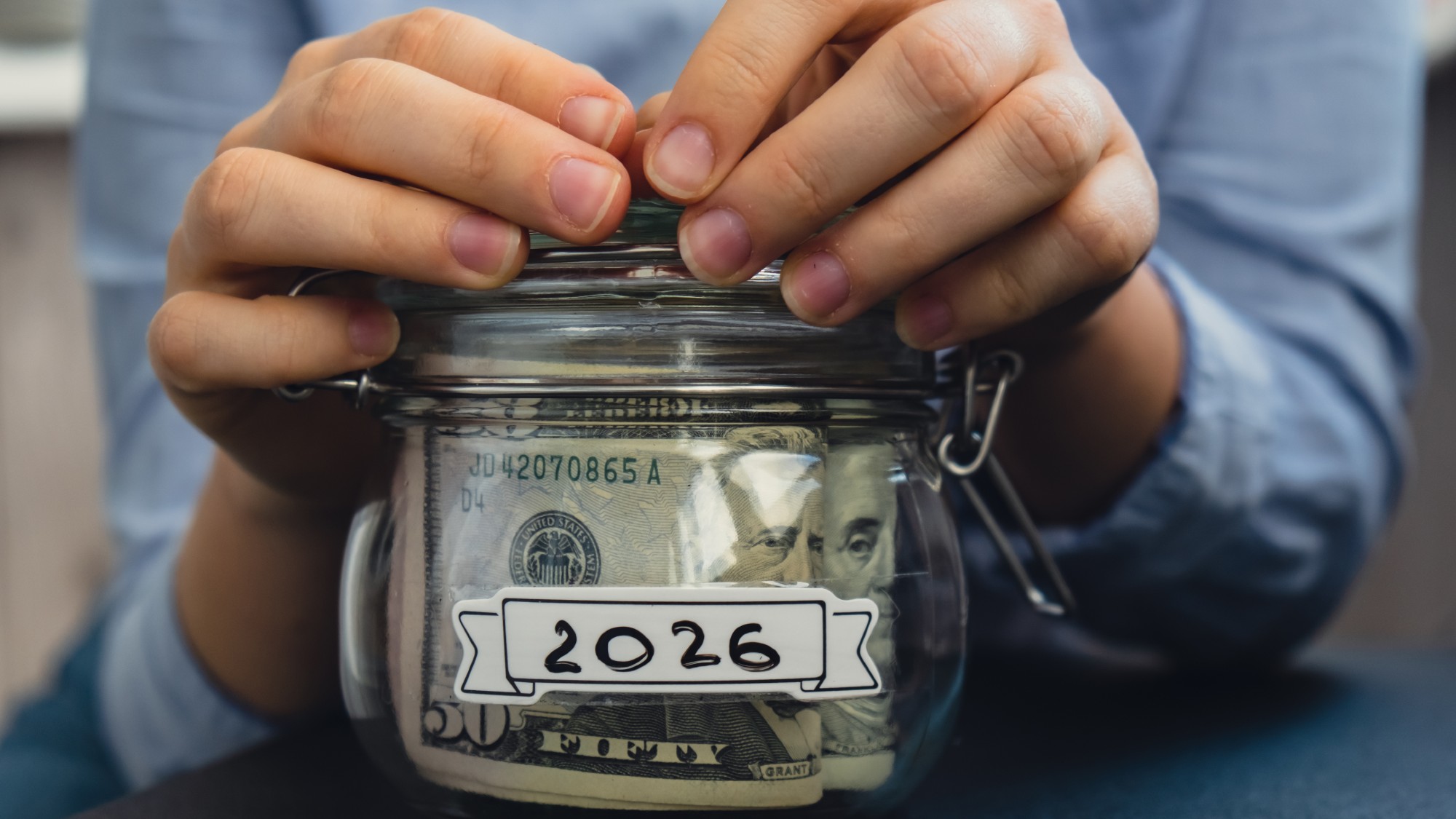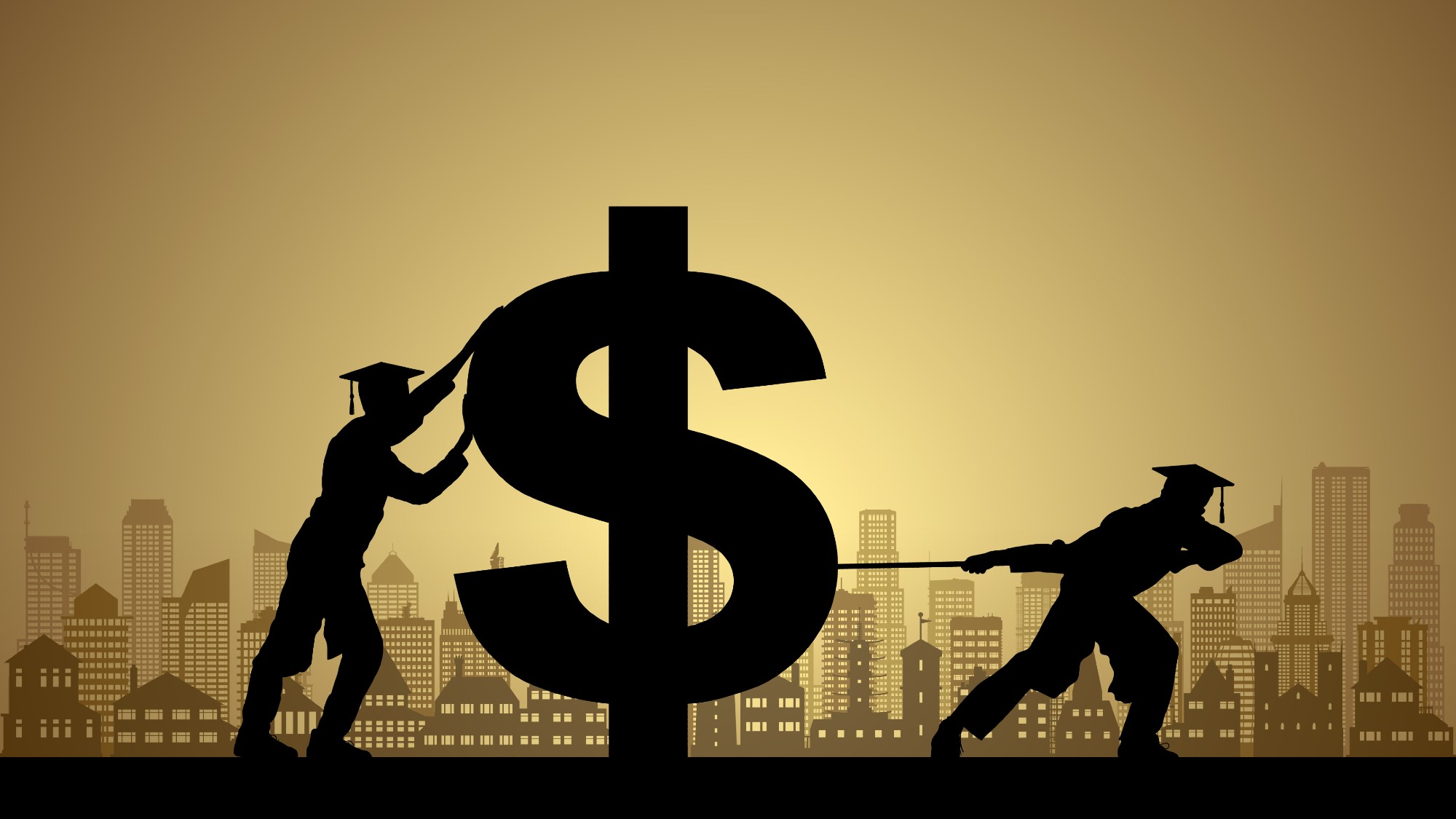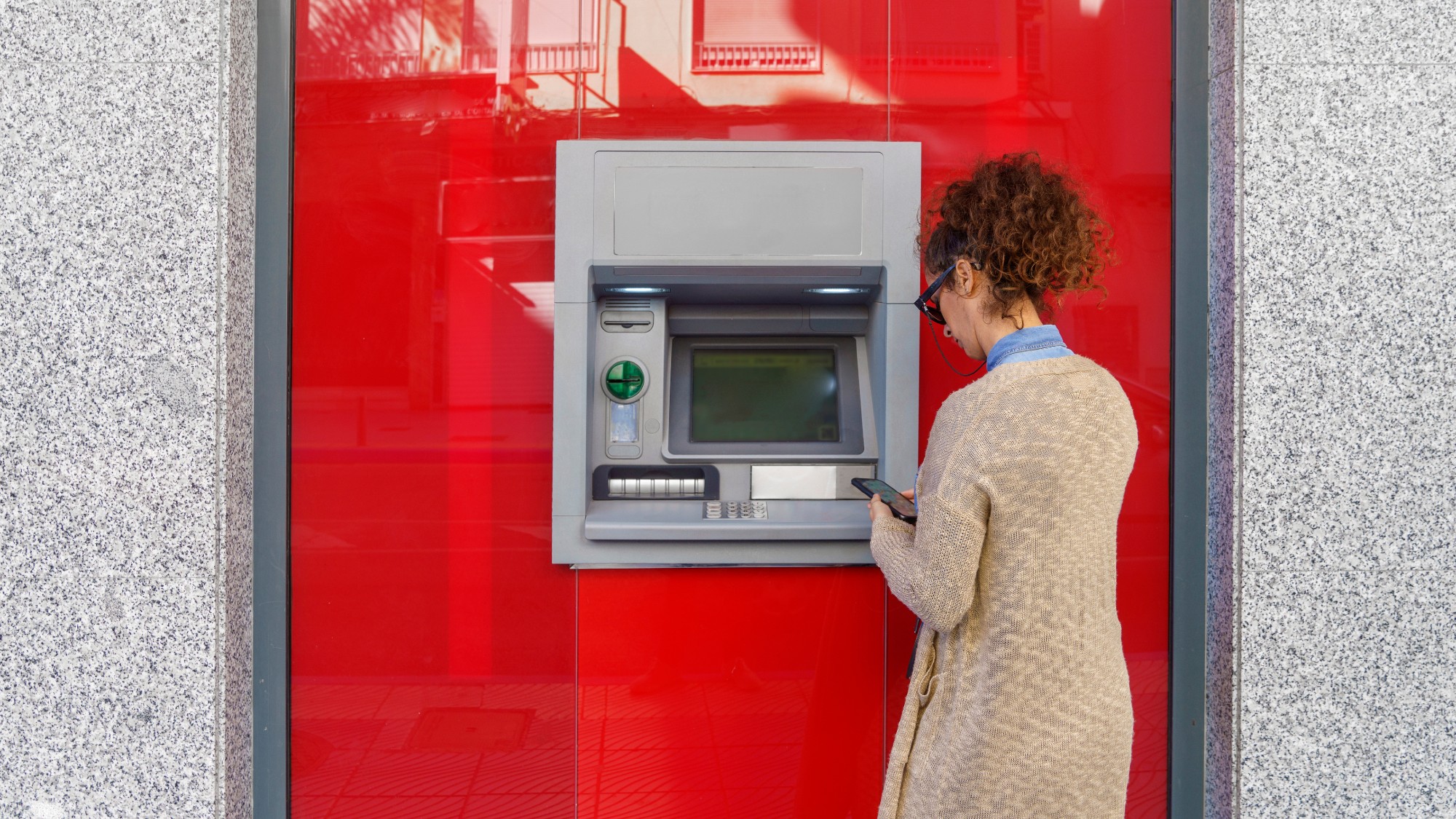Credit card debt growing at fastest rate since recession
New FCA rules aimed at helping people in persistent debt come into force in September

A free daily email with the biggest news stories of the day – and the best features from TheWeek.com
You are now subscribed
Your newsletter sign-up was successful
Credit card debt is growing at its fastest rate since before the financial crisis, fuelling fears that a large number of households could be squeezed by stagnant earnings and high inflation.
Figures from UK Finance show an annual growth rate in outstanding credit card debt of 8.3% in February, the highest for 12 years. This was also faster than the 6.3% growth rate seen among cards from high-street banks.
Credit card debt now accounts for around £70bn of the UK’s £200bn personal debt total – which is also at its highest since the credit crunch.
The Week
Escape your echo chamber. Get the facts behind the news, plus analysis from multiple perspectives.

Sign up for The Week's Free Newsletters
From our morning news briefing to a weekly Good News Newsletter, get the best of The Week delivered directly to your inbox.
From our morning news briefing to a weekly Good News Newsletter, get the best of The Week delivered directly to your inbox.
More regular use of credit cards for smaller, contactless purchases “explains in part the greater debt being built up over short periods”, says the BBC.
However, a study earlier this year carried out by officials at the Bank of England and the City regulator, the Financial Conduct Authority, found British consumers are trapped by credit card debt for longer than previously thought.
Nine out of every ten pounds of outstanding credit card debt in November 2016 was owed by people who were also in the red two years earlier, according to the study.
The Bank of England “has become increasingly worried about the boom in personal debt over recent months, forcing banks to beef-up their financial reserves to protect against any losses”, says The Guardian.
A free daily email with the biggest news stories of the day – and the best features from TheWeek.com
To this end, the FCA has given credit card companies until September to implement rules designed to help the estimated 3.3 million UK customers in persistent debt.
These include prompts to encourage people to pay back their debts faster and, after three years, more in-depth guidance and the possibility of interest and charges being waived.
-
 Quiz of The Week: 14 – 20 February
Quiz of The Week: 14 – 20 FebruaryQuiz Have you been paying attention to The Week’s news?
-
 The Week Unwrapped: Do the Freemasons have too much sway in the police force?
The Week Unwrapped: Do the Freemasons have too much sway in the police force?Podcast Plus, what does the growing popularity of prediction markets mean for the future? And why are UK film and TV workers struggling?
-
 Properties of the week: pretty thatched cottages
Properties of the week: pretty thatched cottagesThe Week Recommends Featuring homes in West Sussex, Dorset and Suffolk
-
 How to juggle saving and paying off debt
How to juggle saving and paying off debtthe explainer Putting money aside while also considering what you owe to others can be a tricky balancing act
-
 4 ways to streamline your financial life in 2026
4 ways to streamline your financial life in 2026the explainer Time- and money-saving steps
-
 Who will the new limits on student loans affect?
Who will the new limits on student loans affect?The Explainer The Trump administration is imposing new limits for federal student loans starting on July 1, 2026
-
 4 easy tips to avoid bank fees
4 easy tips to avoid bank feesThe Explainer A few dollars here and there might seem insignificant, but it all adds up
-
 What’s the best way to use your year-end bonus?
What’s the best way to use your year-end bonus?the explainer Pay down debt, add it to an emergency fund or put it toward retirement
-
 Can medical debt hurt your credit?
Can medical debt hurt your credit?The explainer The short answer is yes, though it depends on the credit scoring mode
-
 4 signs you have too much credit card debt
4 signs you have too much credit card debtthe explainer Learn to recognize the red flags
-
 The FIRE movement catches on as people want to retire early
The FIRE movement catches on as people want to retire earlyIn the spotlight Many are taking steps to leave the workforce sooner than usual